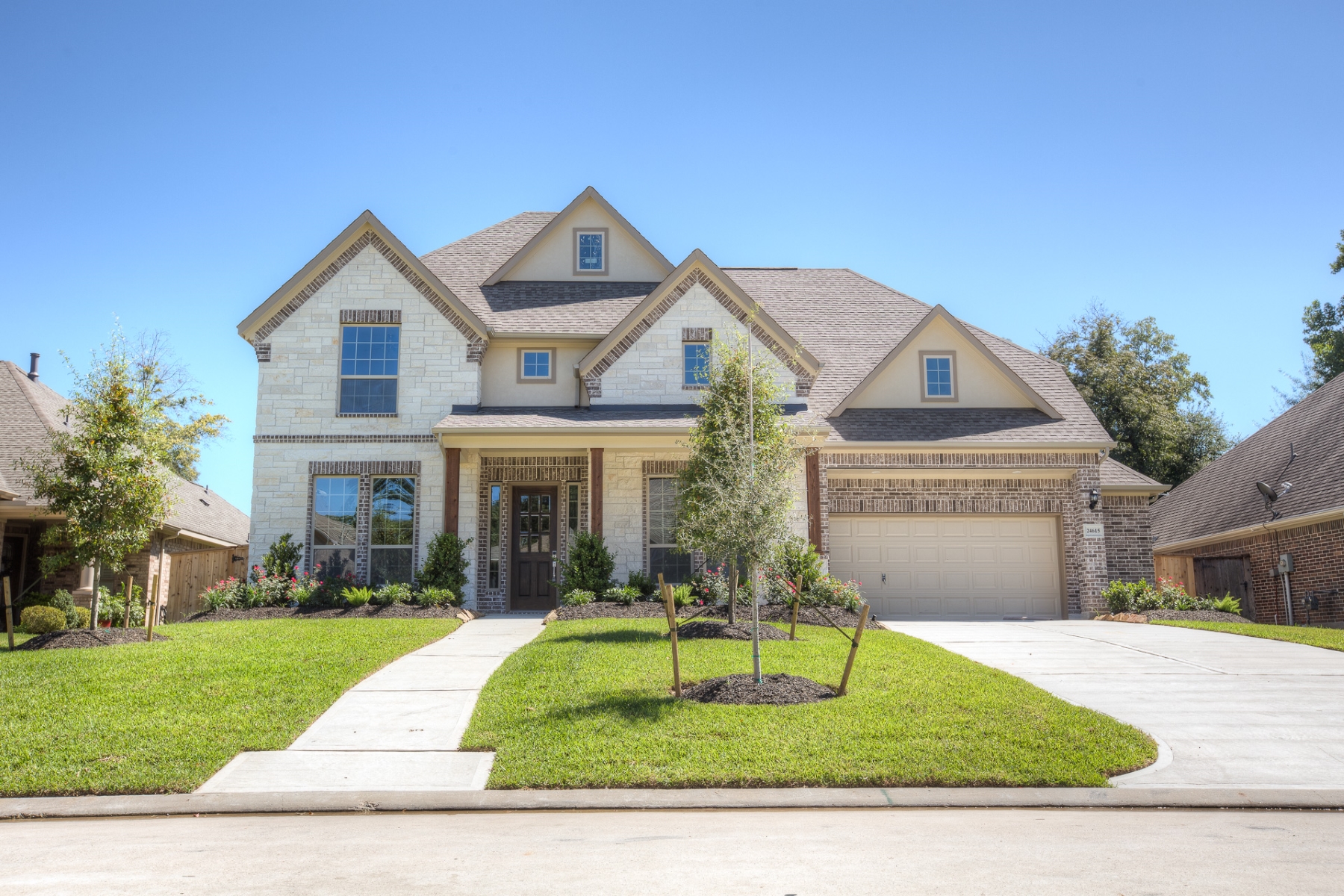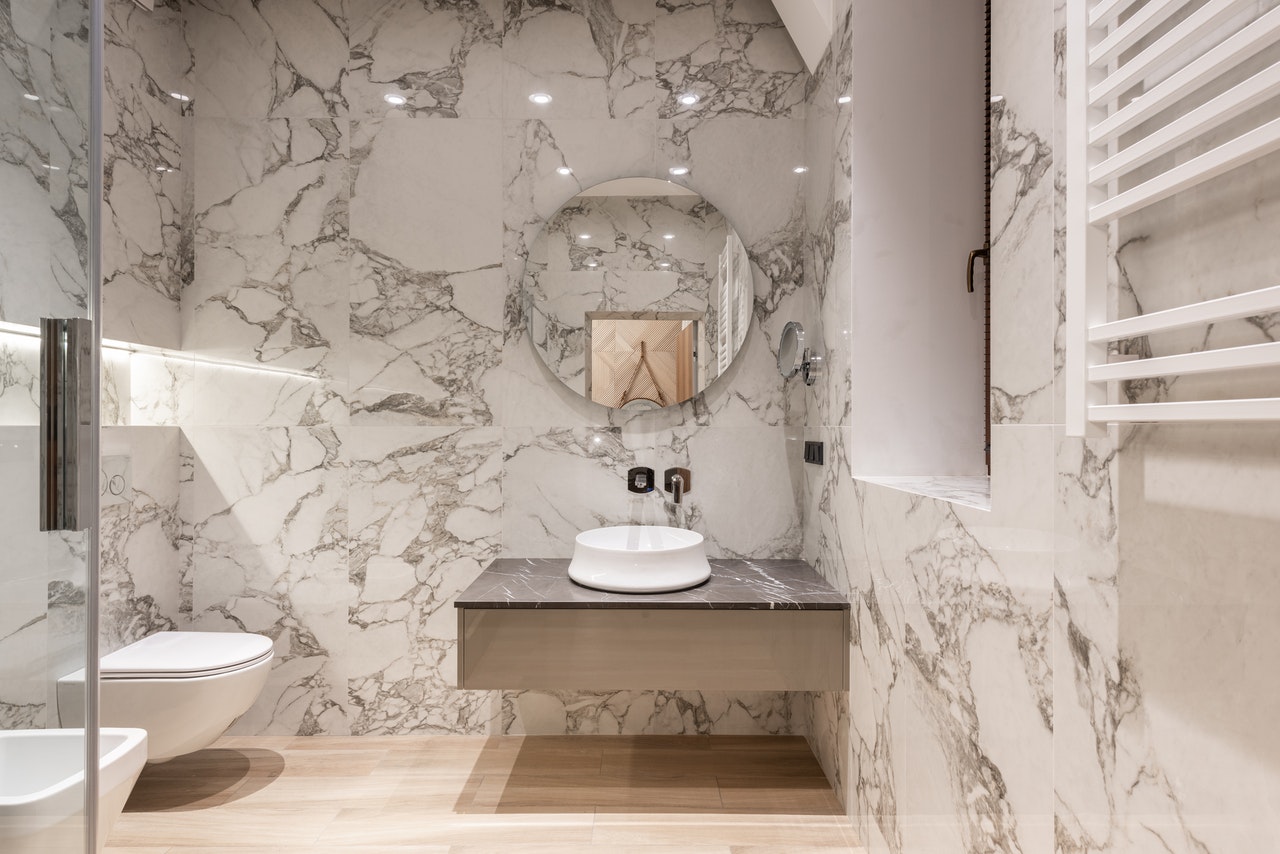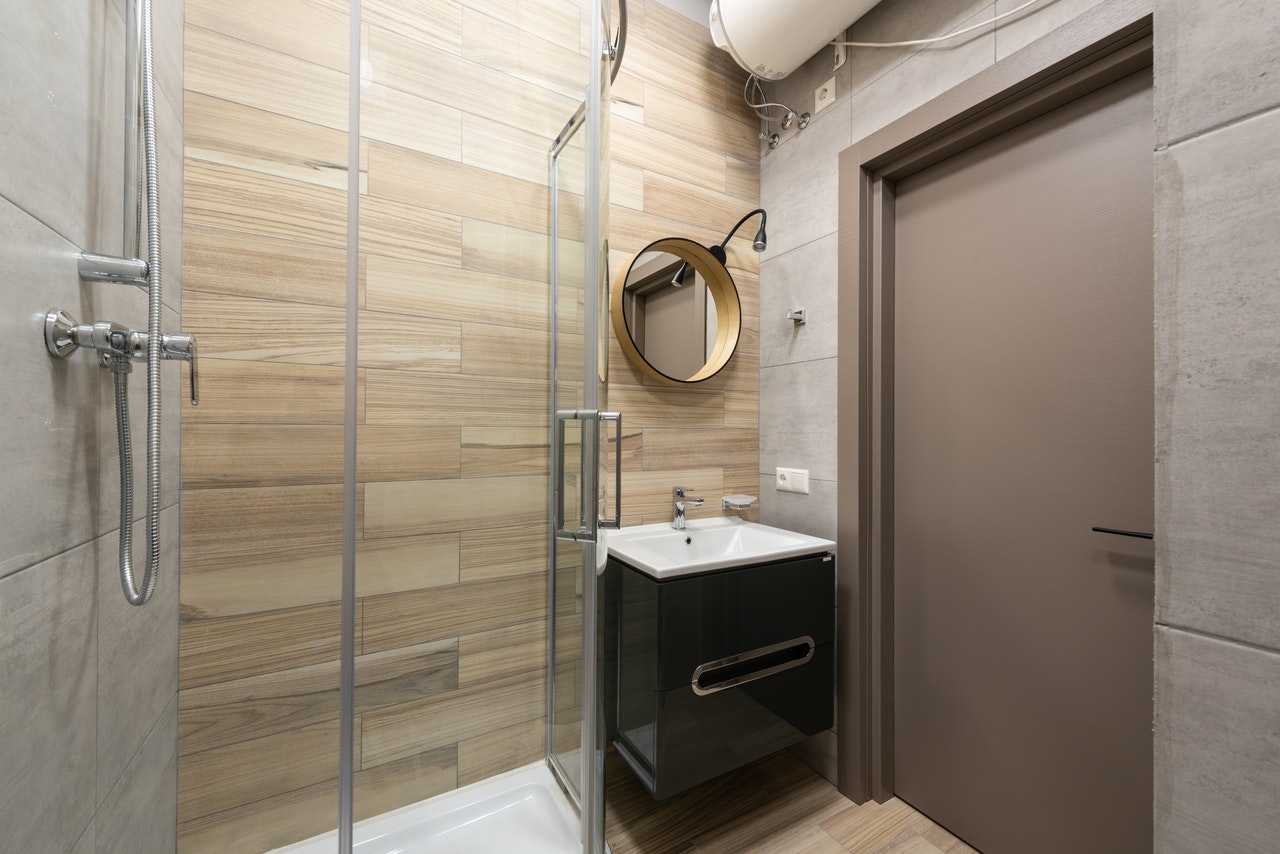
Making the most of your driveway by getting creative with pavers
A paver garage will help boost your curb offer and improve your home value. But as with any other home-improvement venture, there are different contemplations, including the style and color of your carport pavers, just as laying a sample in a general plan. A definitive objective is to make a beautiful entrance to your home that is sufficiently sturdy to withstand the weight of a vehicle without moving or breaking.
Driveway Paver Styles
The primary decision is to choose whether the driveway will be penetrable or impenetrable. A customary paver garage would be unpassable. However, there are various advantages to consider a porous paver driveway. Water will never pool on the surface, and a heating framework can even be introduced underneath the pavers to shield snow from gathering. Additionally, a few states and districts provide grants or tax incentives for introducing a penetrable garage driveway because the framework diminishes the weight on nearby stormwater collection frameworks and helps evacuate contaminants to improve neighborhood water quality.
The second choice in planning your driveway is choosing a traditional, contemporary, or stone-textured look. The LaRocque Group offers multiple paver styles in each category. Porcelain pavers can also be used to create an ultra-contemporary look but will require a concrete base to support vehicular weights.
Driveway Paver Laying Pattern Alternatives
The strongest and most convenient alternative is a herringbone pattern set at a 45-degree angle to the garage. This laying design provides the best interlock to prevent the pavers from shifting, especially for higher traffic areas.
Gaining in popularity, an ashlar design can also be effective for both residential and heavier traffic and provides a more contemporary look.
For porous paver installations, it’s recommended to stick with ashlar or herringbone designs due to a bigger joint, which creates an increased opportunity for shifting when used with running bond or basketweave designs.
Driveway Paver Thickness and Base
Generally, garages have been built utilizing 80mm (3 inches) pavers with a standard 6″ base. However, it is turning out to be standard practice to use a lighter 60mm (2-3/8 inch) paver with a thicker base. In rainier atmospheres, the necessary base profundity can be up to 12 inches in light of retentive muds that can make soil move when wet. With these sorts of site conditions, a slender base places pavers at risk of isolating or splitting from soil shifts. A layer of geo-texture between the dirt and the total layer can include additional assurance from this moving, yet a thicker base is still suggested. In dry atmospheres, 60mm pavers can be effectively utilized for garages with just a 4 to 6-inch base, as moving specks of dirt are not a factor.
For more information and inquiries on Driveways and Pavers, Reach out to The LaRocque Group. We serve Houston and its surrounding areas.





